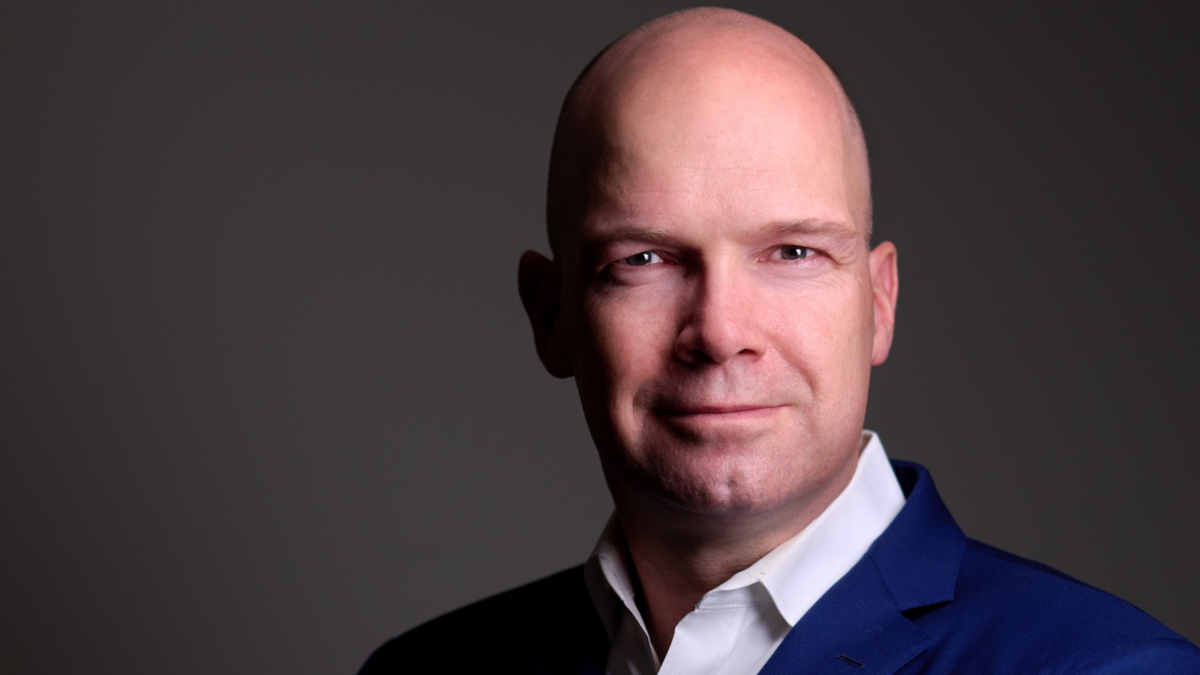The ‘hard truth’ about emerging markets (and why it’s time to look past reopening)
If you compare the performance of emerging market equities to their US peers, it’s been a devastating decade for the former. But compared to the rest of the world – stripping out the Teslas and Metas and Alphabets – it’s merely been slightly disappointing.
“There’s that phrase, ‘build it and they will come’,” says Derrick Irwin (picture at top), a portfolio manager for Allspring Global Investment’s Intrinsic Emerging Markets Equity team. “It used to be that (in emerging markets) you could spend capex and build capacity and it was filled up, so your return on incremental capital was very strong.”
“After the GFC, fundamentals of the world economy began to slow – lessened demand, slowing global growth – but capital was cheap and nobody sent the message to emerging markets. So they just kept building. And by about 2012 it became clear that they weren’t coming… We’ve seen now a period of return on capital in aggregate for EM declining. That’s a very big tanker to turn around, but we’re beginning to see that.”
The big headwind – the strong US dollar, which was beginning to create significant distortions in global markets – is “waning, maybe reversing”. The big tailwind is EM growth rates, which have mostly converged with DM growth rates over the last decade despite a historical tendency to grow faster. But as the rest of the world begins to slow down, particularly the US, and China begins to recover, “we’ll start to see that gap open up” – and that could be a very powerful attractor of capital.
“We had a conversation with a client and they said ‘Look at the US and what a miracle economy it is and what an incredible job it does of creating value’ – and that’s true. I’m a huge fan of the US economy,” Irwin says. “But rewind the tape to 2012 when emerging markets looked like they had the miracle economies that would grow forever and create value forever and we had tent cities growing on Wall Street, protesting capitalism and saying it was broken. There’s nothing like a decade of good performance to help you forget that even the US economy has warts.”
Still, as bottom-up fundamental investors, the Intrinsic Emerging Markets Equity team try not to get too caught up in the macro or the constant buzz of the local rumour mill. Its funds are lower turnover than many of their peers – its holding period is an average of five years – and they believe that buying the new, big stories in emerging markets is mostly a fool’s game.
“Everybody wants to buy and sell emerging markets because it’s growing fast,” Irwin says. “Or because China has 1.4 billion consumers who are each going to buy their own toothbrush. That may be true, but there’s not a lot of correlation between economic growth and equity performance. That’s the hard truth. Our job as EM investors is to scrape back that story and ask who’s doing valuable business and creating valuable companies, rather than trying to catch the growth wave.”
China’s regulatory pivot is exciting, Irwin says – in the near term. There’s been a realisation that the policies that caused so much chaos in markets in 2021 weren’t going to be sustainable, and the pivot will drive “very good growth in 2023 – frankly, with room for positive surprise”. But at some point managers are going to have look beyond the reopening trade and that recent good news on the regulatory front and think about the structural challenges facing the Chinese economy.
“Demographics for sure,” Irwin says. “This is the first year we’ve had population fall. And China’s wage competitiveness is no longer there. Forget Vietnam; think about China versus Mexico. It becomes pretty compelling and Mexico has a heck of a lot lower transportation cost and is part of the United States-Mexico-Canada Agreement (ed: which supplanted the existing North American Free Trade Agreement). China is no longer the obvious default choice.”
“Xi and his administration have changed their rhetoric on the private sector, but at the same time they’re saying ‘We sure love the private sector but we’re going to be in control of the private sector’. Historically, that’s not great for long-term growth rates. I’m very bullish on China through 2023 and think it’s one of the greatest economies in the world – it won’t go away, it’s not a Ponzi scheme. But as 2023 rolls on, we need to have a sharp view of what it looks like over the next five years.”
And while 2021’s regulatory upheaval sent managers scurrying away from China, it also sent them into markets that would turn out to be even worse bets.
“As an EM manager you have a lot of countries and regions to play with,” Irwin says. “It becomes very easy to shift to where the hot sector is or the hot country is and really focus on noise. There’s 25 countries; something is always blowing up. That makes money lurch around emerging markets in an inefficient way.”
“It really struck me in 2021 when China became a very unpleasant place to invest. All that capital picked up; people said ‘Oh, commodities are strong and Russia’s cheap and they’ve got a great central bank and Russia will do great’. And of course February 2022 rolls around and they lost their money. So they picked up their money and said ‘how about India? It’s a great story, it’s the next China’. So now you get a lot of capital going there and becoming very expensive. You get surging of capital around the world that creates distortions.”











